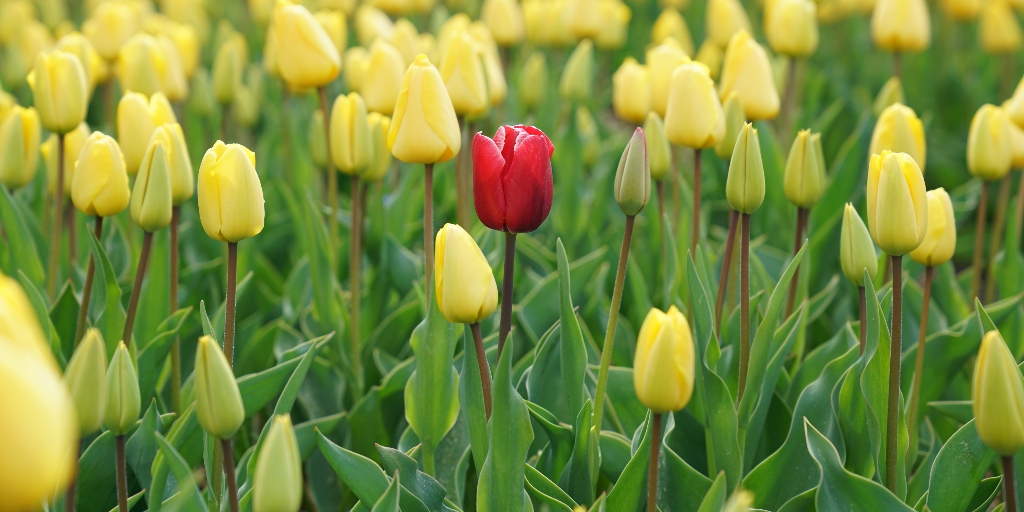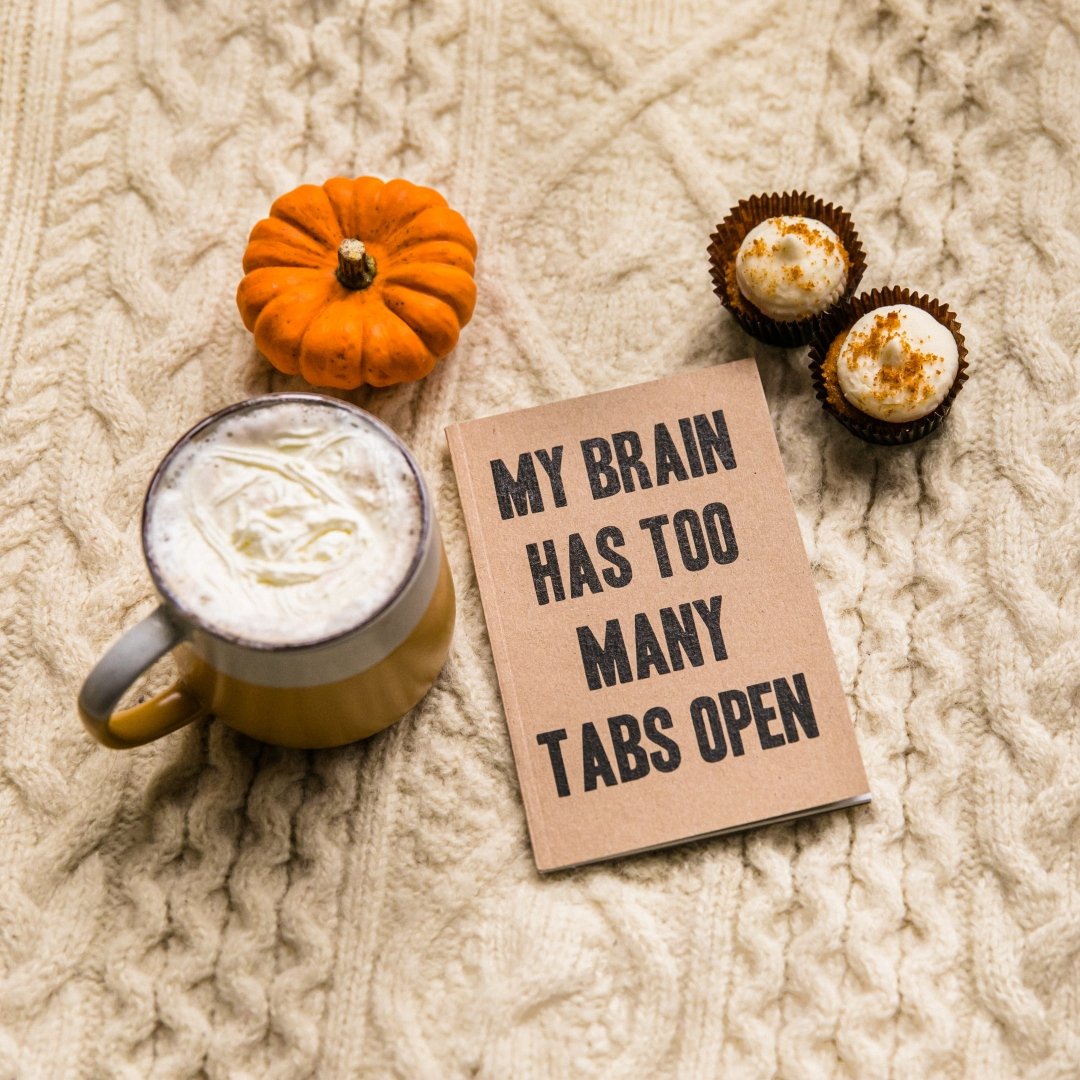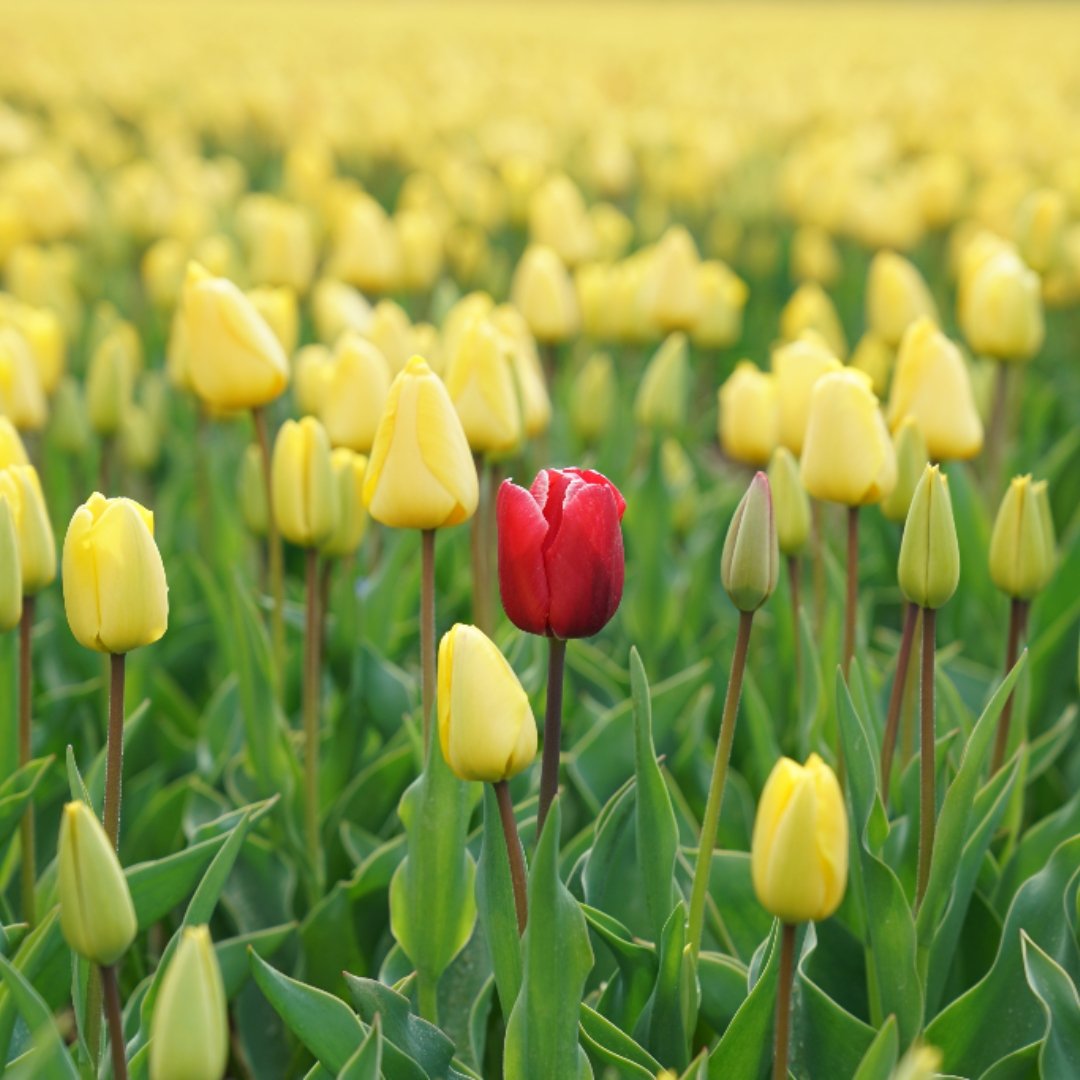
Jane Korvemaker contemplates how she is learning to view the challenge of an ADHD diagnosis as a gift.
In August of 2020 two of my children were diagnosed with ADHD. ADHD stand for ‘Attention deficit hyperactivity disorder;’ it is a neurological condition often referred to as ‘neuro-diversity,’ and it affects the body’s ability to retain dopamine properly. This results in a person’s brain acting in a way to get the neurotransmitter (dopamine) it needs to function (often seen as risky behaviour) and also often results in significantly decreased executive functioning skills.
This revelation of my kids’ neuro-diversity suddenly caused me to start questioning all of my own actions. I saw such similarities between a number of their actions that were associated with ADHD and my own that I knew in my heart that this wasn’t just coincidence. I spoke with my doctor; she gave me a written questionnaire and boom! It was right there in front of me – evidence that I, too, enjoy the struggles (and gifts!) of ADHD.
My children and I are evidence of the genetic component of this neurological diversity in humanity. A diagnosis that comes after years of wondering what has been happening is a relief as much as it is also a learning curve and a struggle. I look back over my childhood memories and I see trails of my ADHD brain working hard to try to make sense of things and find a normal. Until two years ago I basically lost a pair of glasses a year. This was my ‘normal.’ It wasn’t until I discovered the precisely right place to put them to keep track of them that this stopped happening.
Nothing that worked for most people seemed to work for me. Until I discovered I needed a long lanyard for my keys to make them obvious, they too were constantly getting lost. I have many memories of my body’s efforts to try to find ways to get dopamine for normal functioning, which led to risky behavior (did I stand in line overnight for concert tickets as a teen with $600 cash in my pocket after my two friends were kicked out for excessive drinking? Yup, amongst other types of such things). But that is not the end of the story.

I can look back and see the positive that has enveloped my ADHD as well. I am a person who generally loves spontaneity. I love randomly and suddenly going places and doing things unscheduled. I really enjoy the ingenuity of trying new things. These opportunities have led to be the one to come up with the pranks to plan with friends, such as gluing a loonie [a one-dollar coin] to the top of the stairs at the college and sitting on the bench watching everyone try to pick it up. It has led me to change my studies from Culinary Arts to Theology and fearlessly moving to California for a job (and daring to take a number of kids on a mission trip to Tijuana, which was not a favourable move in that church or the diocese).
I find I am more often open to possibilities than most other people. I can imagine bigger; I am willing to try things to test out theories and deal with the consequences of things falling out. Being a risk-taker has advantages because I am more aware of what can be won and what can be lost. And since starting medication that helps me to think before acting more, the ability to choose the action instead of just acting has increased one hundred fold.
I’ve heard experts speak as though ADHD is something they wouldn’t wish on anyone and I find that a disheartening approach. My children and I are a few of the ten percent of the world’s population who experience this divergency. Ingenuity and spontaneity are some of the gifts of ADHD, and as I learn to manage ADHD more, these gifts do not go away but are brought into sharper focus.

All that God created is good, including neuro-divergency within human beings. Humanity, in all its conditions, has been redeemed in Christ, and my ADHD is a redeemed human condition. I do not need to fit the mould of neuro-typical brains but I still need to ask God’s Spirit to direct my divergence towards his good will. And I have confidence the Spirit will use my gifts to God’s advantage. It has not been easy making the mental switch from seeing this as my personality (rather than undiagnosed ADHD) and a burden on people to seeing it as a neurological condition that has gifts as well as struggles, but I’m getting there. And the more I invite God into my mess, the more good He can do with me.
Do you have something in your life that you’ve transformed from burden into gift?
Copyright 2021 Jane Korvemaker
Images: Rupert Britton (2018), Unsplash; Unsplash (2020)
About the Author

Jane Korvemaker
Jane Korvemaker loves food, family, wine, and God (perhaps not in that order). She holds a Certificate in Culinary Arts, which pairs perfectly with her Bachelor in Theology. A former Coordinator of Youth Ministry, she writes from the beautiful and cold province of Saskatchewan, Canada. She works from home and takes care of her three very hard-working children. Jane regularly blogs at AJK2.ca.


.png?width=1806&height=731&name=CatholicMom_hcfm_logo1_pos_871c_2728c%20(002).png)
Comments